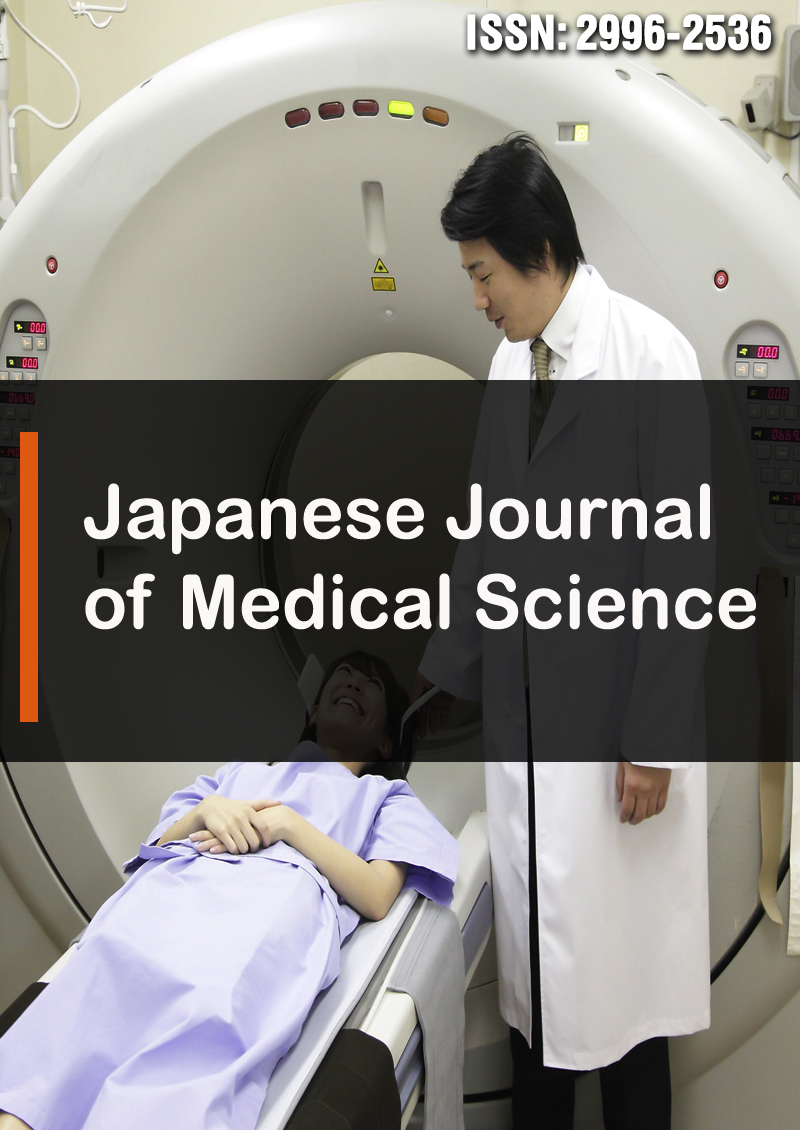Challenges in Neurosurgery during Armed Conflict in Sudan
Abstract
Honida Ali M Ibrahim, Moayad Moawia Z Elabdin, Mukashfi Elnaiem A Ali, Azza SalahEldin, Sayda Babekir M Alameen, Abdalhadi Andal A Kongar, Tarig Elazrag, Asim ShamsEldein M Ahmed, Mohaned Abdelrhman Mohamedahmed, Faisal Ali Essa, Alsadig Gassoum and Sawsan A H Aldeaf
Introduction: Sudan armed conflict between rapid support force (RSF) and Sudanese army was one of the wicked wars, the conflict has a terrible physical, emotional, and economic costs for Sudanese, this war caused great traumatic injuries among civilians despite the number of affected persons, during the period of this armed conflict, there is no data or reports regarding affected civilians.
Material and Methods: This is descriptive experience based and cross sectional study done at Almubarak hospital, kassala town from July 2023 to March 2024. In fact, the study was designed to reflect our neurosurgical experience during the period of armed conflict between rapid supporting force (RSF) and Sudanese army, hence the war is still going on, also, this paper describe the neurosurgical circumstances in Sudan throughout the war compared with other war that occurring in the middle East and worldwide . Modification and replacement in neuro-anesthia was made to cope with this situation (war period).
Results: During the period of this study, we made some changes in techniques and treatment strategies for treating patients with neurosurgical problems. Our data revealed, 18 patients were presented with extra-dural haemorrhage (EDH), depressed fracture was detected in 42 of the patients, and hydrocephalus 12, abscess 5, tumor were 8, and sub-dural haemorrhage (SDH) was encountered in 41 patients.



